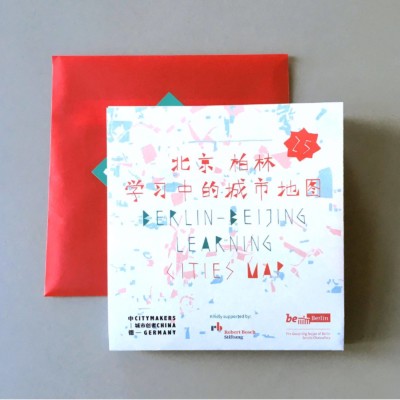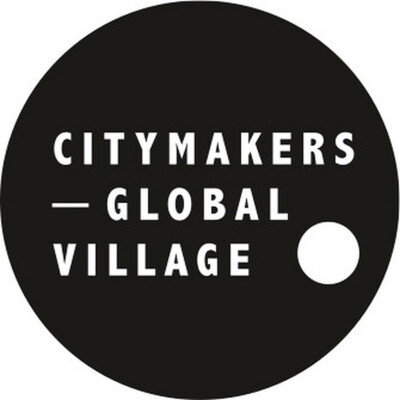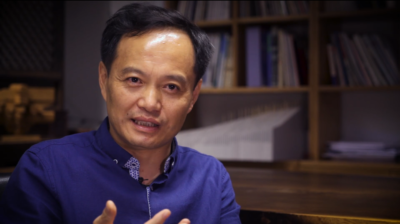On the occasion of the 25th anniversary of city relations between Berlin and Beijing our CITYMAKERS-team developed a new framework for Sino-German twin cities to further learn and innovate for liveable city making.



What are the strengths of collaboration between Germany and China in the field of architecture and city planning? German universities are very detailed, focused and skilled in engineering, building design, building construction and long-term strategy, while Chinese architecture is diligent and eager to learn and adapt. Is a nation capable of learning? You can find out about the experiences and knowledge of other countries like Germany but it is not the same as first-hand experience. The point is: Can China avoid making urban planning mistakes by pooling knowledge from other countries or do we have to make our own mistakes? When I was a student, my German professor sometimes gave us examples of urban planning errors detected in German cities to avoid, but it was and still is difficult to give advice like this in China. It is easy to transfer technical knowledge but experience and profound understanding is difficult to transfer: this requires a lot of time and patience.
Even though Chinese planners are very interested in German knowledge, they have their own way of thinking, want to gather their own experience. In China, steel frame construction was very quickly adapted from Western architecture and further developed. In German architecture, skeleton structures with load-bearing columns and ceilings to increase ceiling height have been popular for a long time. But in China very few architects know about them.
Where do you see untapped potential for collaboration?
China has learned a lot from Western countries – we have virtually adopted the complete German Federal Building Code (BauGB). I feel that Sino-German cooperation now has to intensify the countries’ mutual understanding and ways of learning.
If you had to develop a new Sino-German program for innovation in education …
I feel the learning systems in China and Germany are very different with regard to innovation in education, so a combination of both would be good.
The in-depth, technique-oriented German way of learning in combination with the flexible and pragmatic way in China would make an excel- lent combination.
How about a Sino-German summer campus not for students but for educators and curriculum designers on the question of “How to leverage 20 plus years of Sino-German cooperation in architecture and city planning education?”
That would indeed be a very interesting activity.
Professor CAI Yongjie is the head of the College of Architecture and Urban Planning at Tongji University Shanghai. His research fields are Urban Design, Public Space, Architectural Design, incl. Urban Sociology and traditional urban space. With doctoral studies in Germany (TU Dortmund) Prof. CAI not only teaches courses on “Comparison of Chinese and German Architecture” but is also involved in Sino-German education cooperation, e.g. setting up double degree programs with with TUBerlin and Bauhaus-Universität Weimar. His dedication to education was acknowledged in several awards e.g. the Prize for “establishing the cultivation system for human quality in architectural education (2005)”. CAI Yongjie is originally from Chengdu, Sichuan Province.
Contact and Links
cyj@tongji.edu.cn
Tongji University Shanghai, CAUP
Further resources